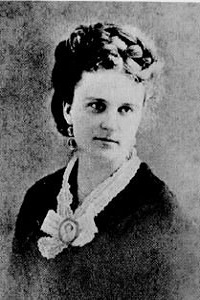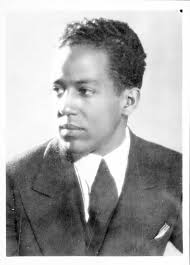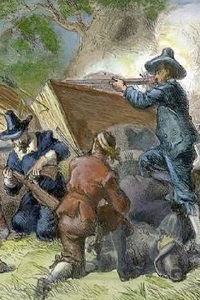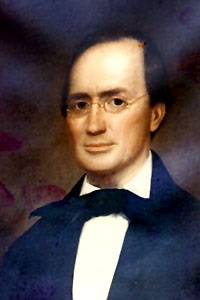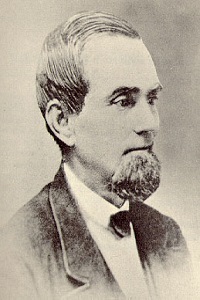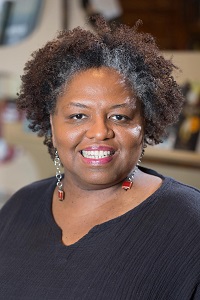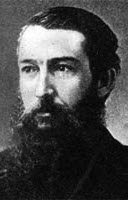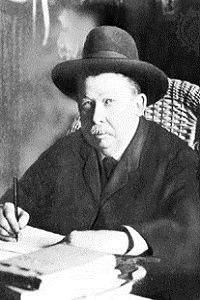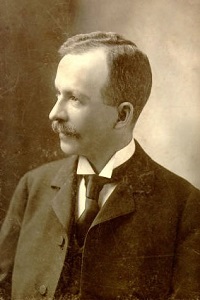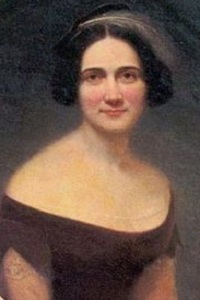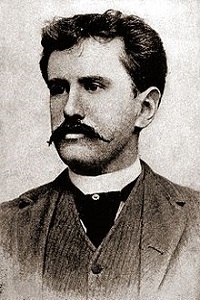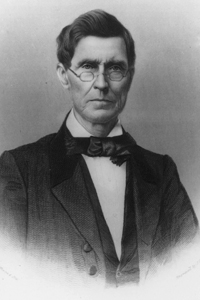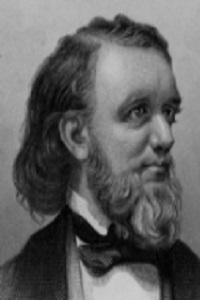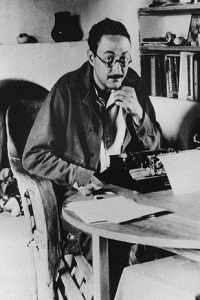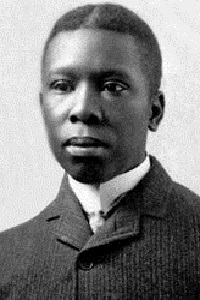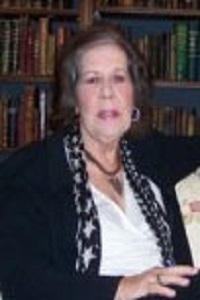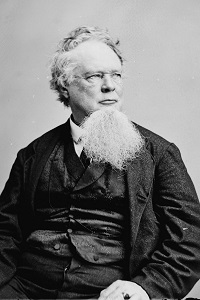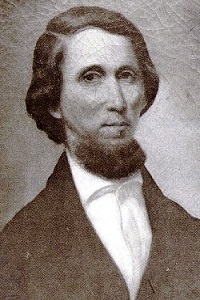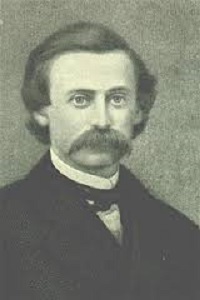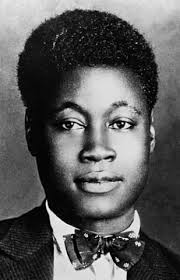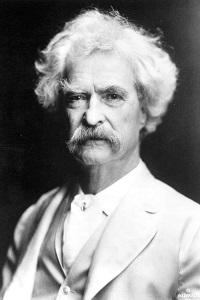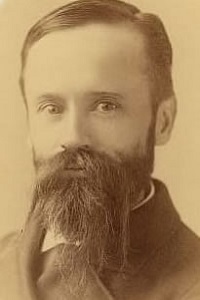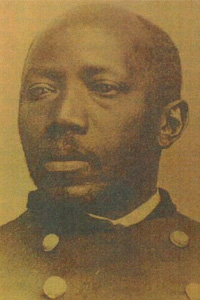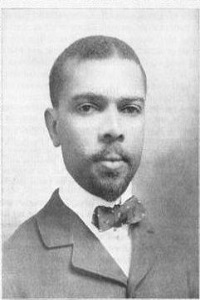The Audio Library of
Classic Southern Literature
1676 to 1923
Made possible by 
Visit our Children's literature site 
| Introduction | Voices | Dialects | Readers |
Dialects
Nineteenth-century Americans in all parts of the country, particularly from around the 1830s to the 1880s, delighted in exploring the wide varieties of American speech. Long before Edison, writers pioneered audio-recording via dialectical spelling which suggested to readers how people throughout the country sounded, particularly those–red, white, black, and brown–in relatively isolated rural areas.
James Russell Lowell, for example, uses dialectical spelling to capture New England speech as Zeekle approaches Huldy in “The Courtin’” —
“You want to see my Pa, I s'pose?”
“Wal...no...I come dasignin'“—
“To see my Ma? She's sprinklin' clo'es
Agin to-morrer's i'nin'.”
To provide only one example from the South, George Washington Harris represented his character Sut Lovingood with even more creative spelling:
“I tell yu now, I minds my fust big skeer jis’ es well as rich boys minds thar fust boots, ur seein the fust spotted-hoss sirkis. The red top ove them boots am still a rich, red stripe in thar minds, an’ the burnin red ove my fust skeer has lef es deep a scar ontu my thinkin works.”
Unfortunately, some of us feel ashamed of how our ancestors spoke, focusing on the aberrant orthography or non-standard grammar or archaic vocabulary, and ignoring the enlightened love of language in all its forms, the true linguistic genius, which such speakers (more often in the South than elsewhere in America) so often displayed. At its best the language of Mark Twain’s uneducated Calaveras miner or homeless teenager or that of Joel Chandler Harris’s poor farm laborer is as brilliantly poetic, as powerful, subtle, and lyrical as that of Chaucer’s Pilgrim or his Wife of Bath or almost any of Shakespeare’s characters. Other Southern writers’ best dialect-rich stories demonstrate that they were almost as gifted—Charles Waddell Chesnutt, Paul Laurence Dunbar, Johnson Jones Hooper, Zora Neale Hurston, Augustus Baldwin Longstreet, William Tappan Thompson, Thomas Bangs Thorpe, among others. All who truly love language are in their debt. If the voices on our website please you, we’re gratified. If they don’t, we’re sorry. Be assured, while our efforts are certainly imperfect, we are doing our very best to use the resources available to represent these Southern writers as well as they deserve.
